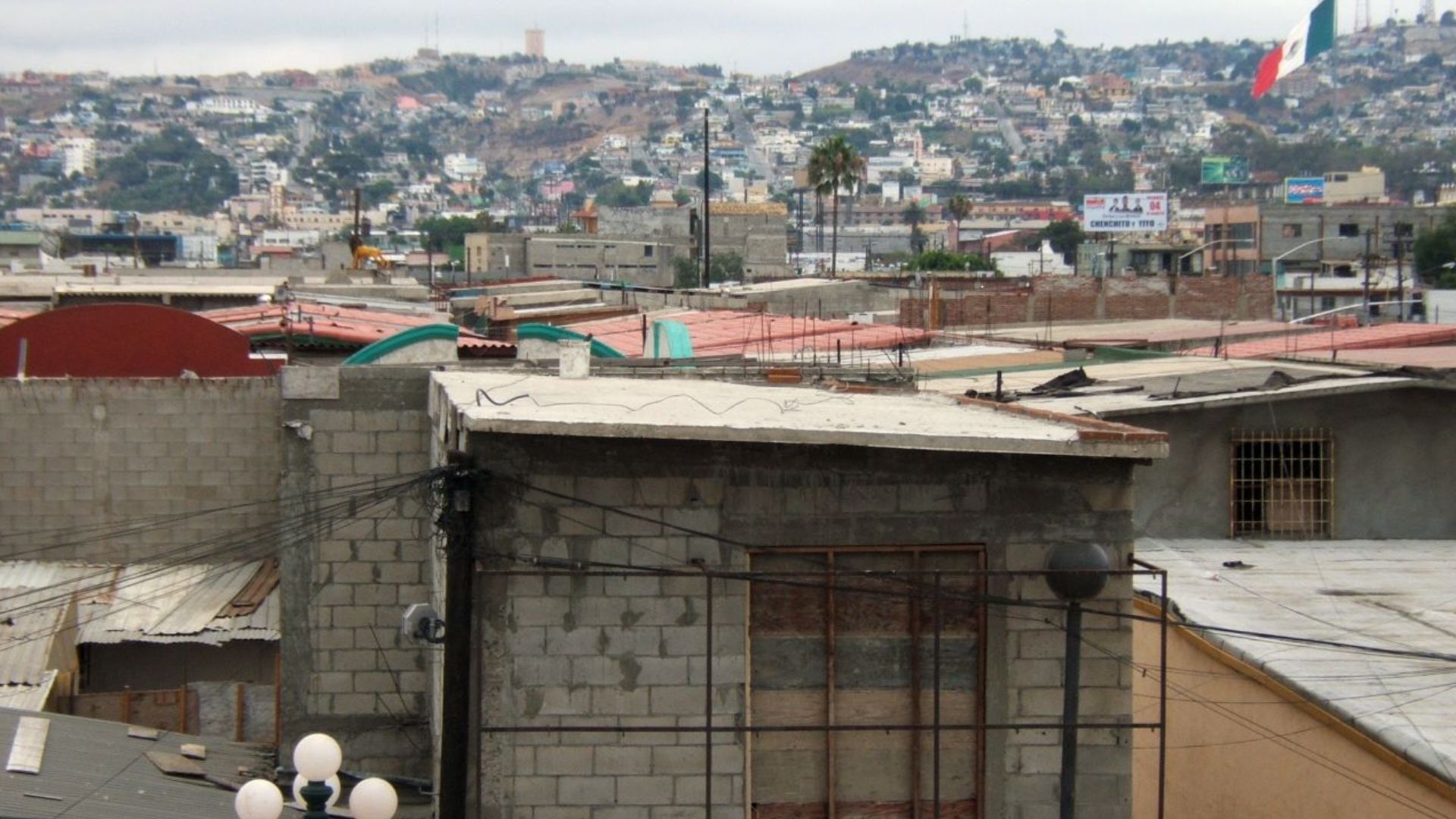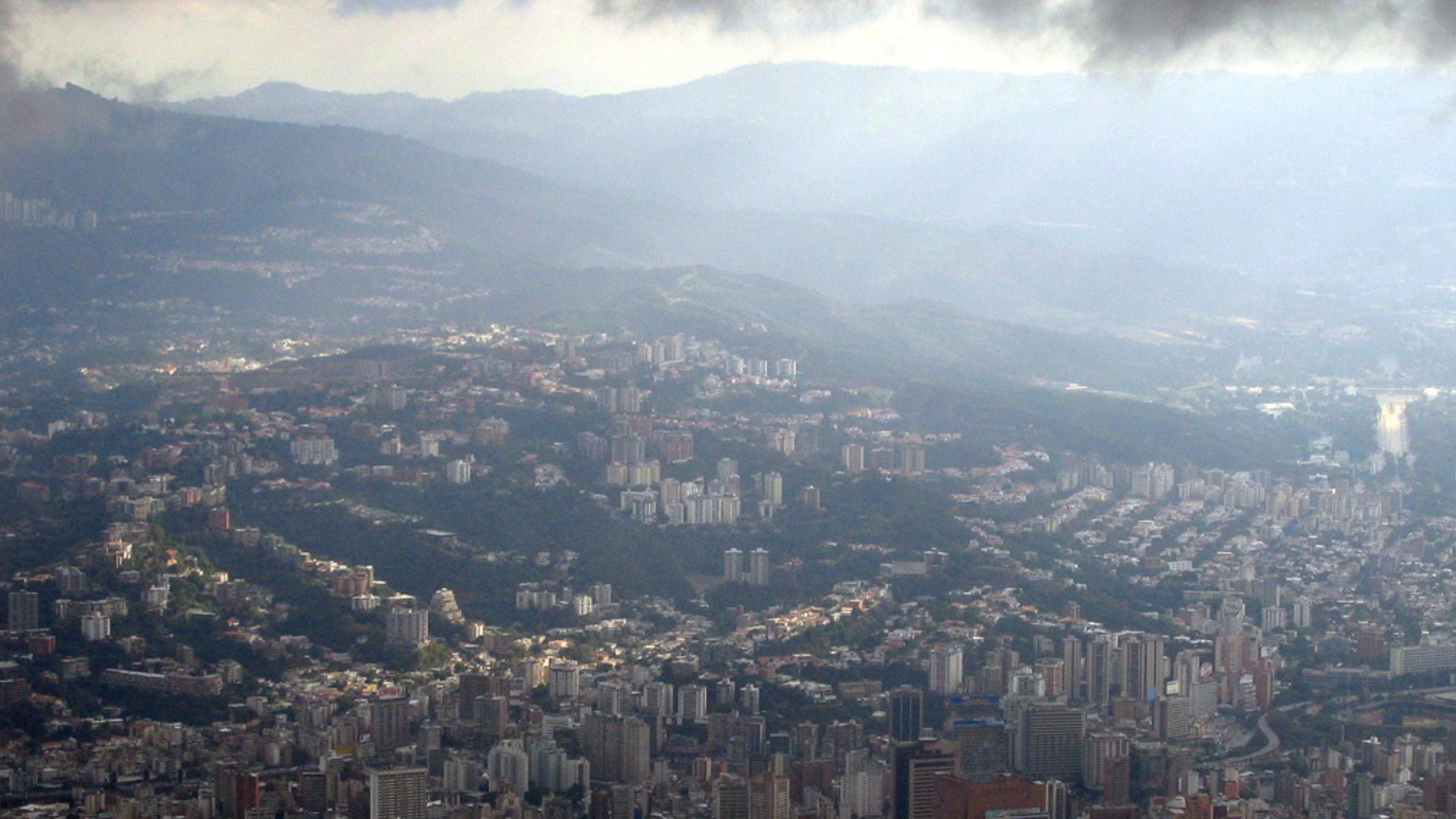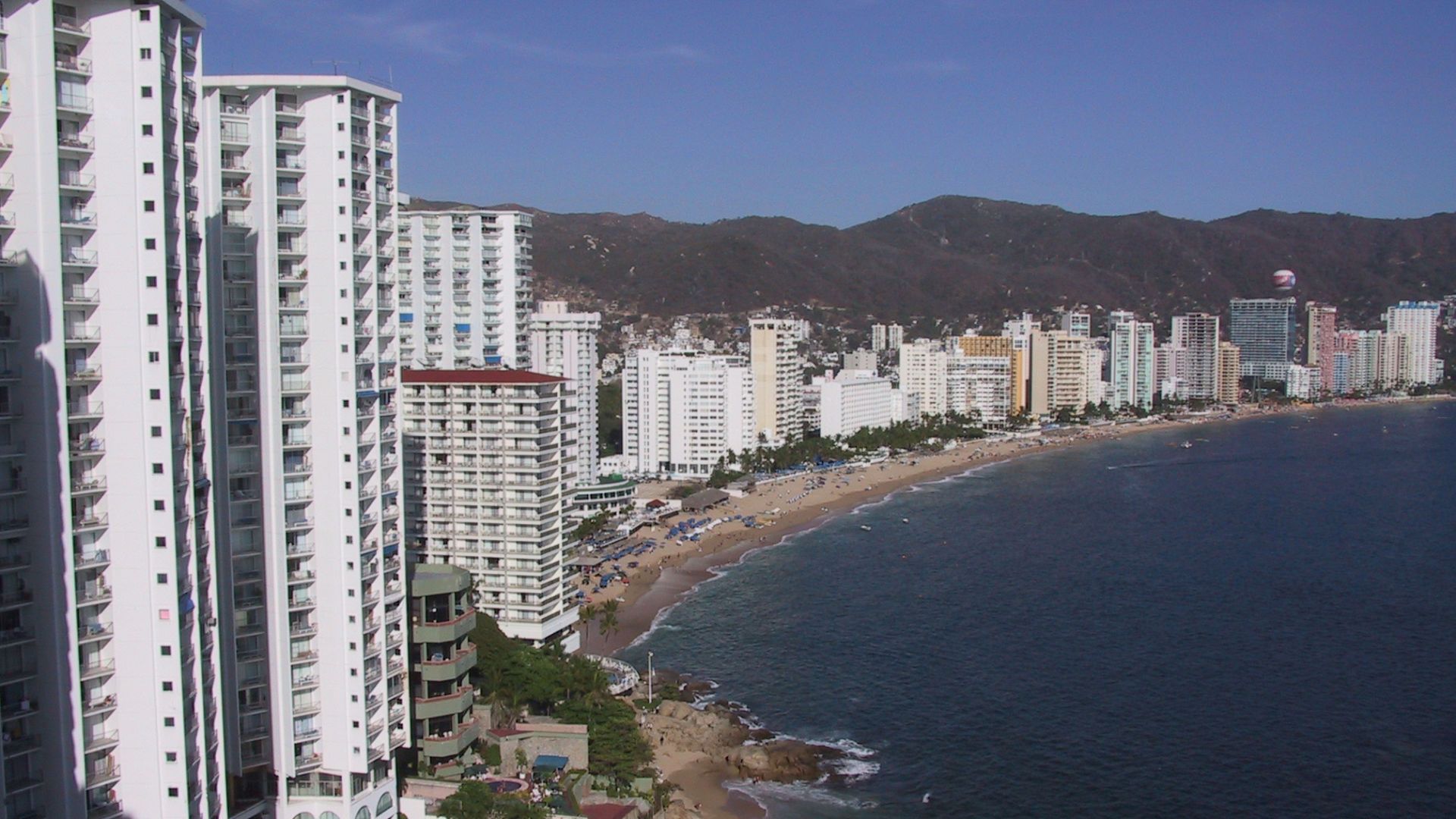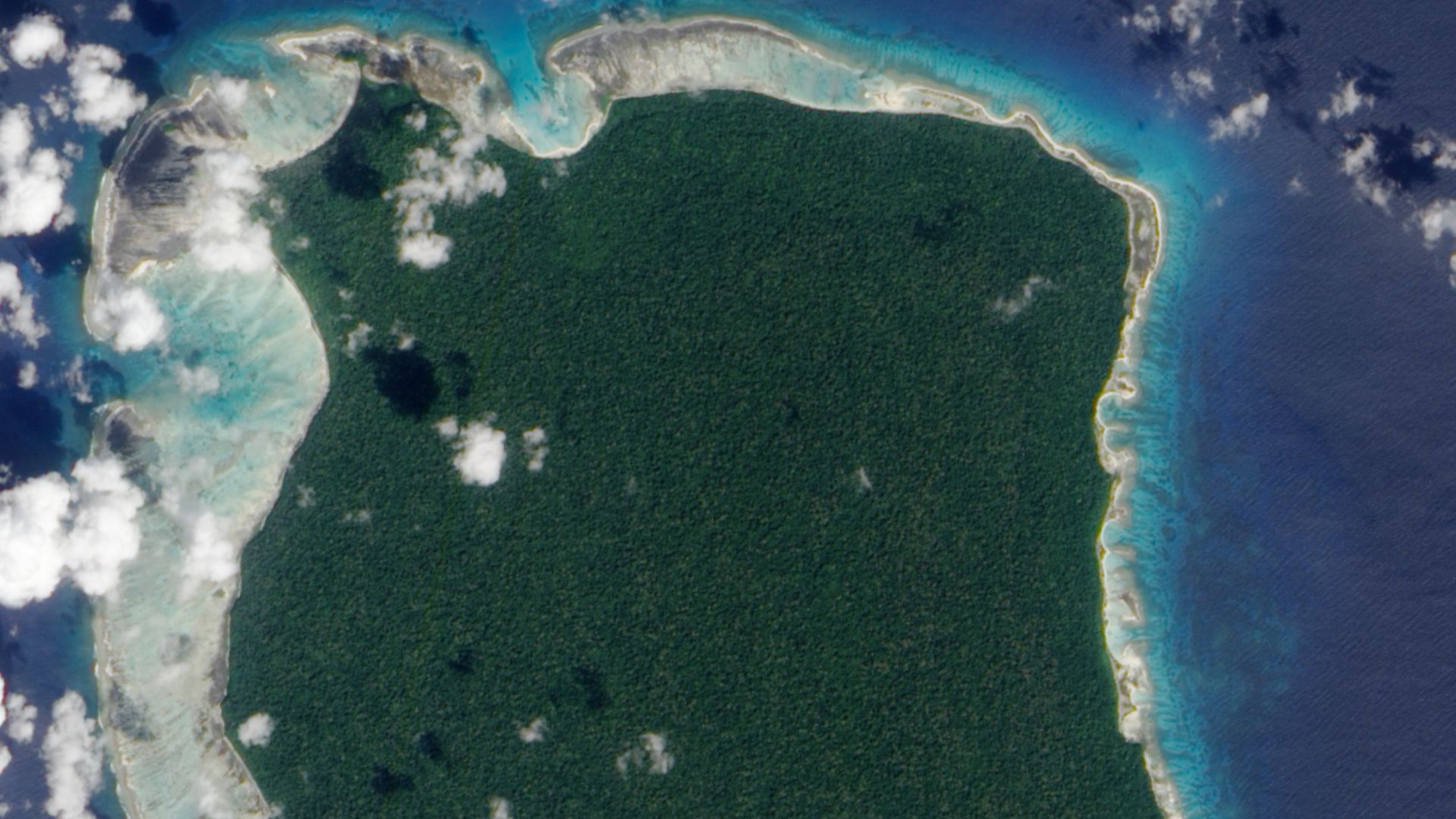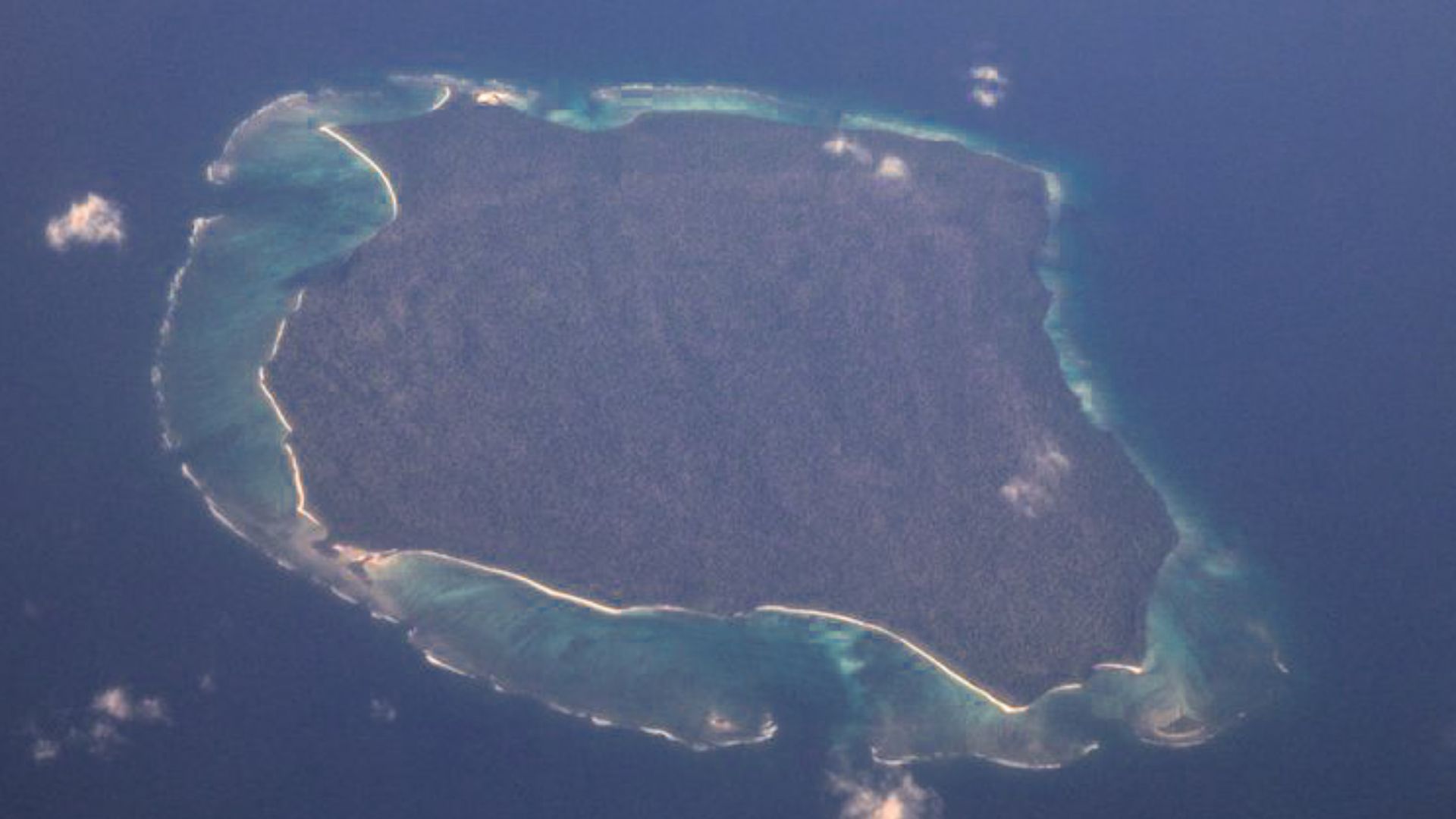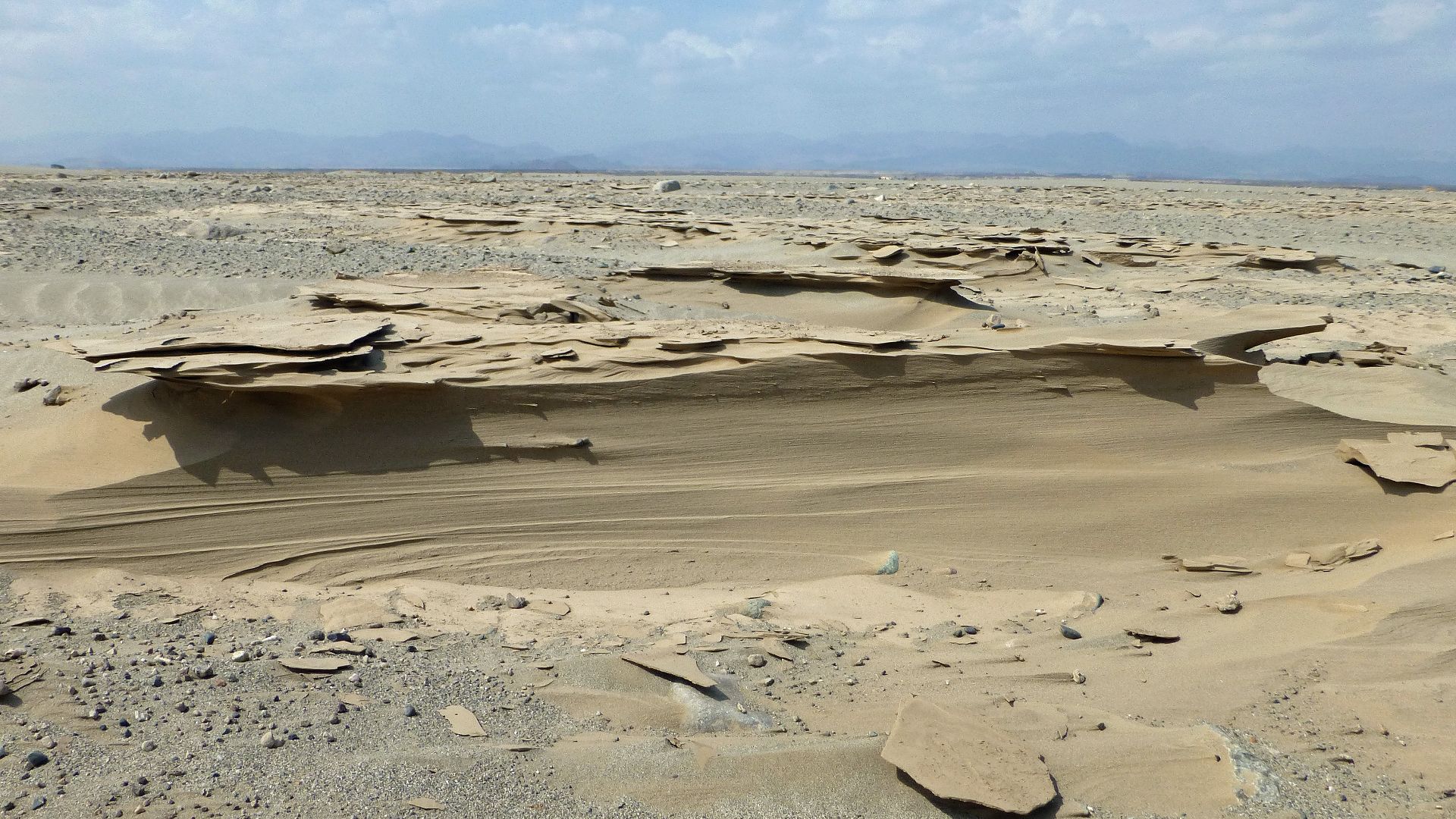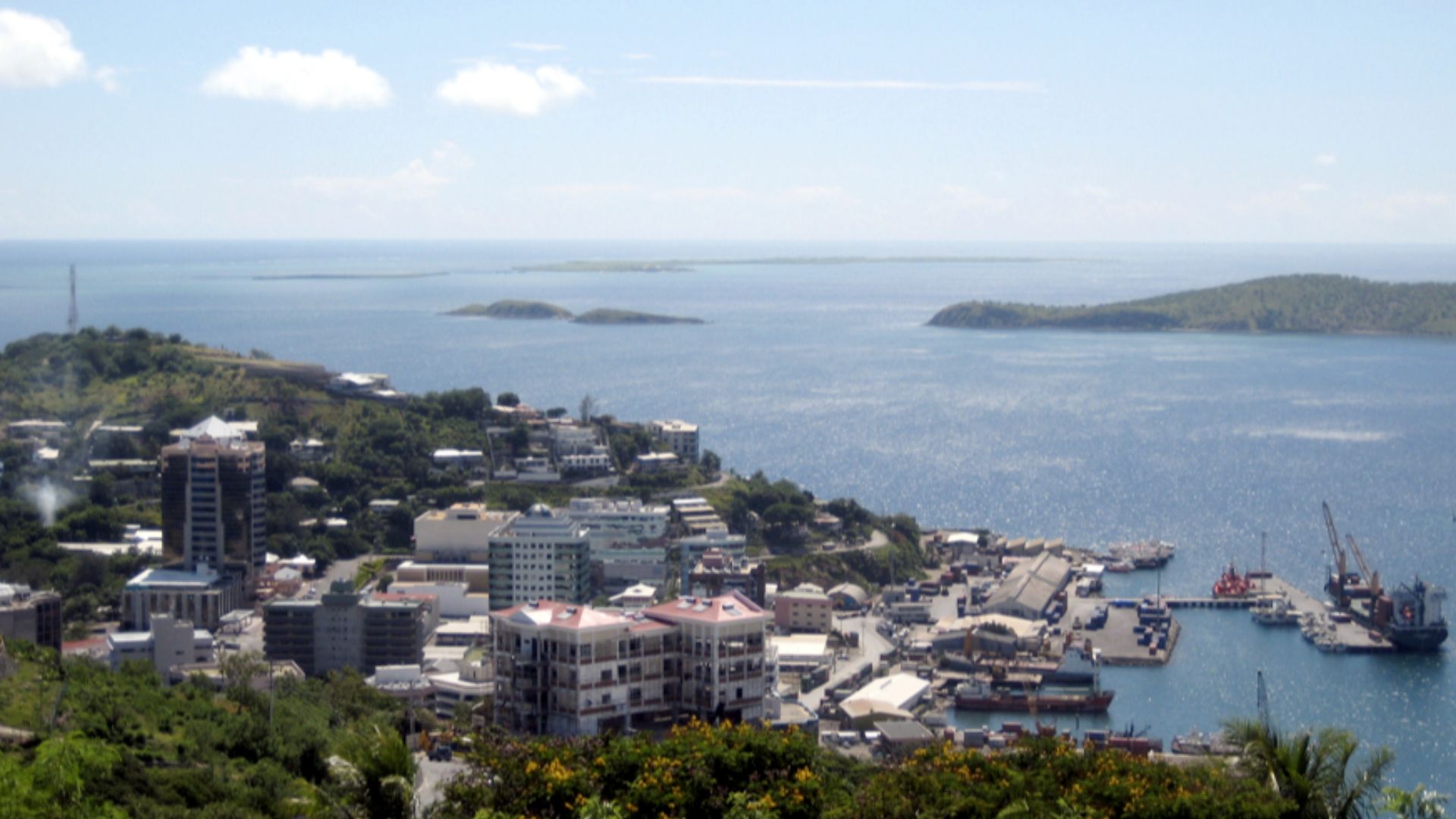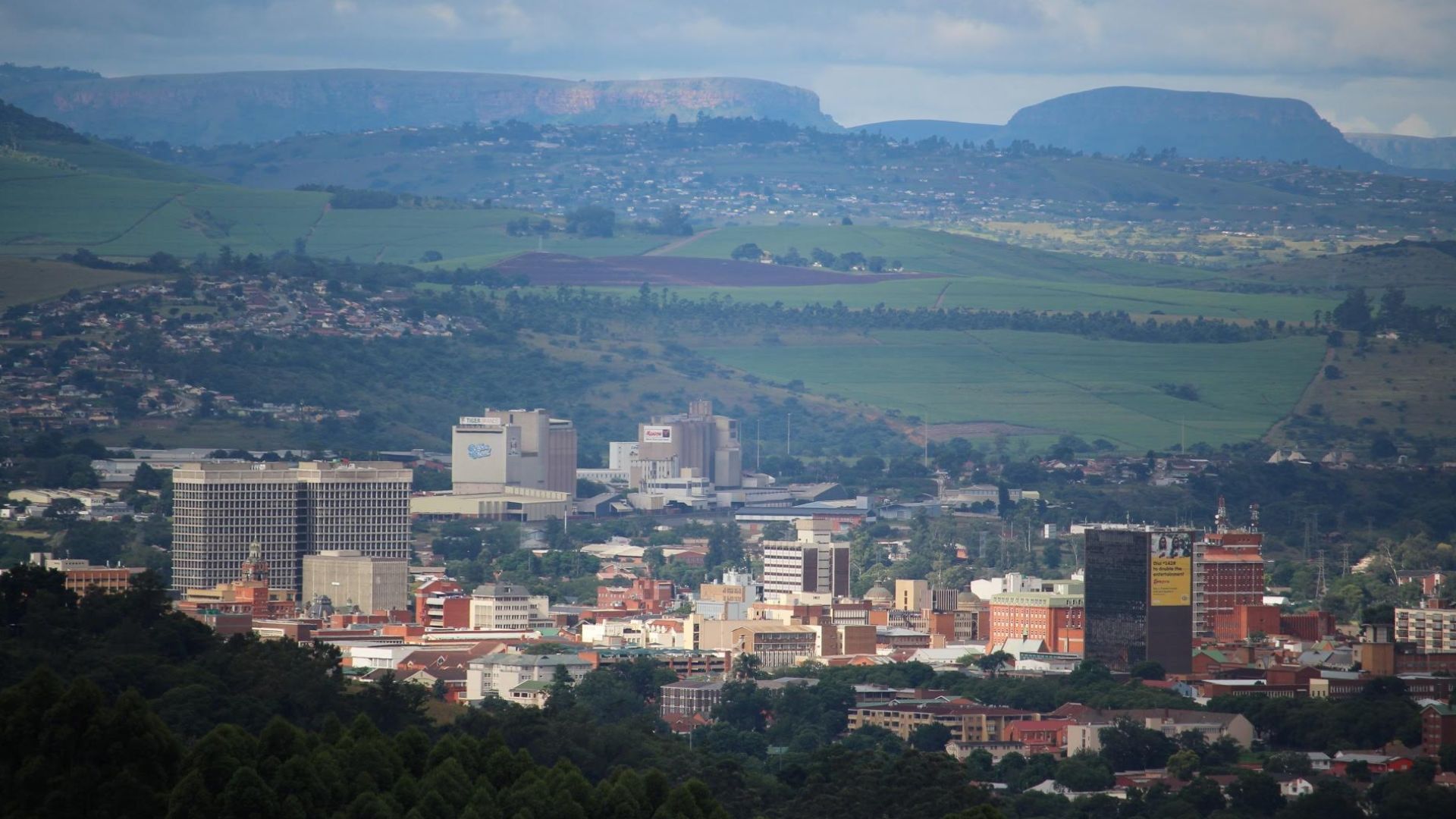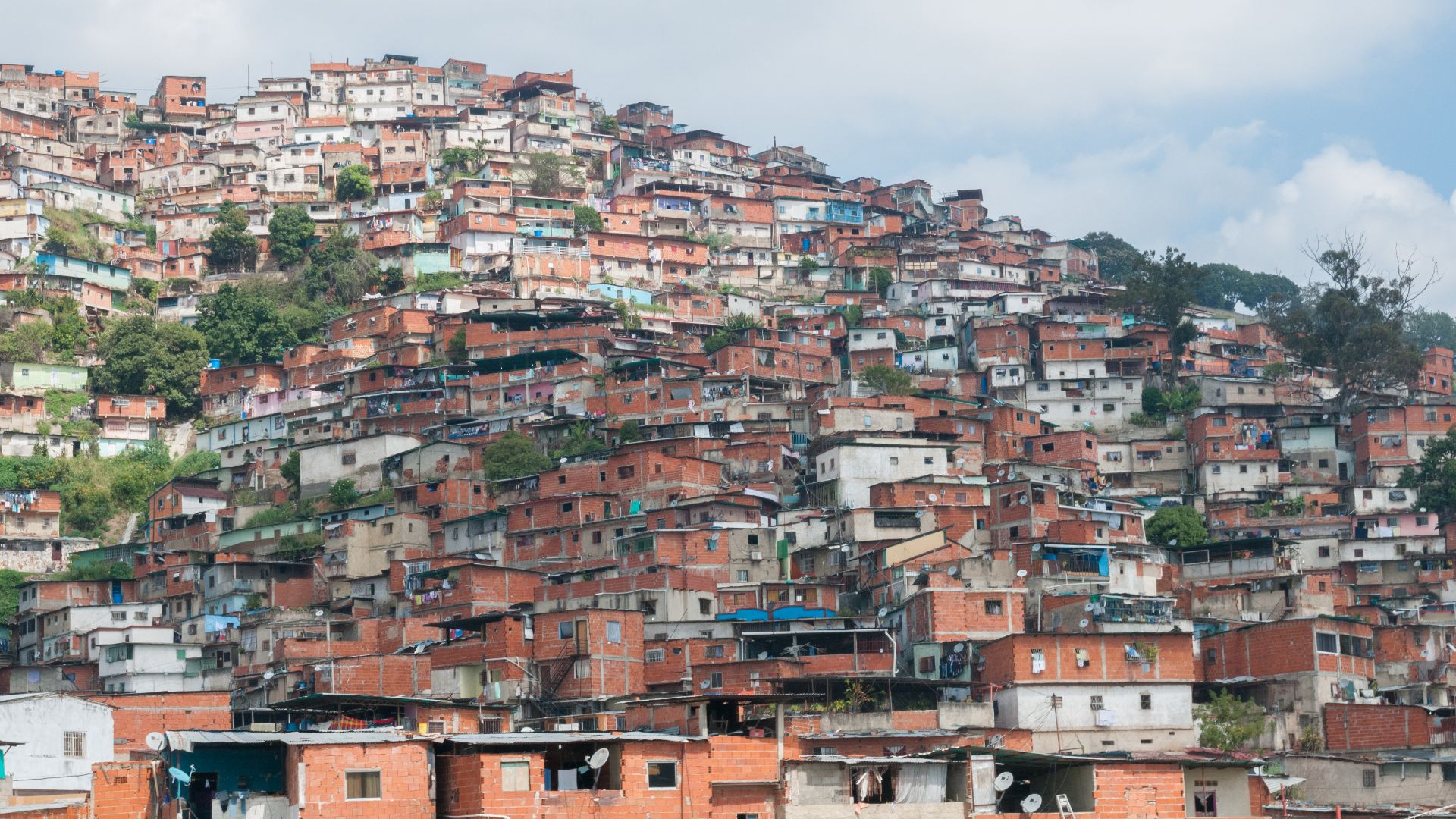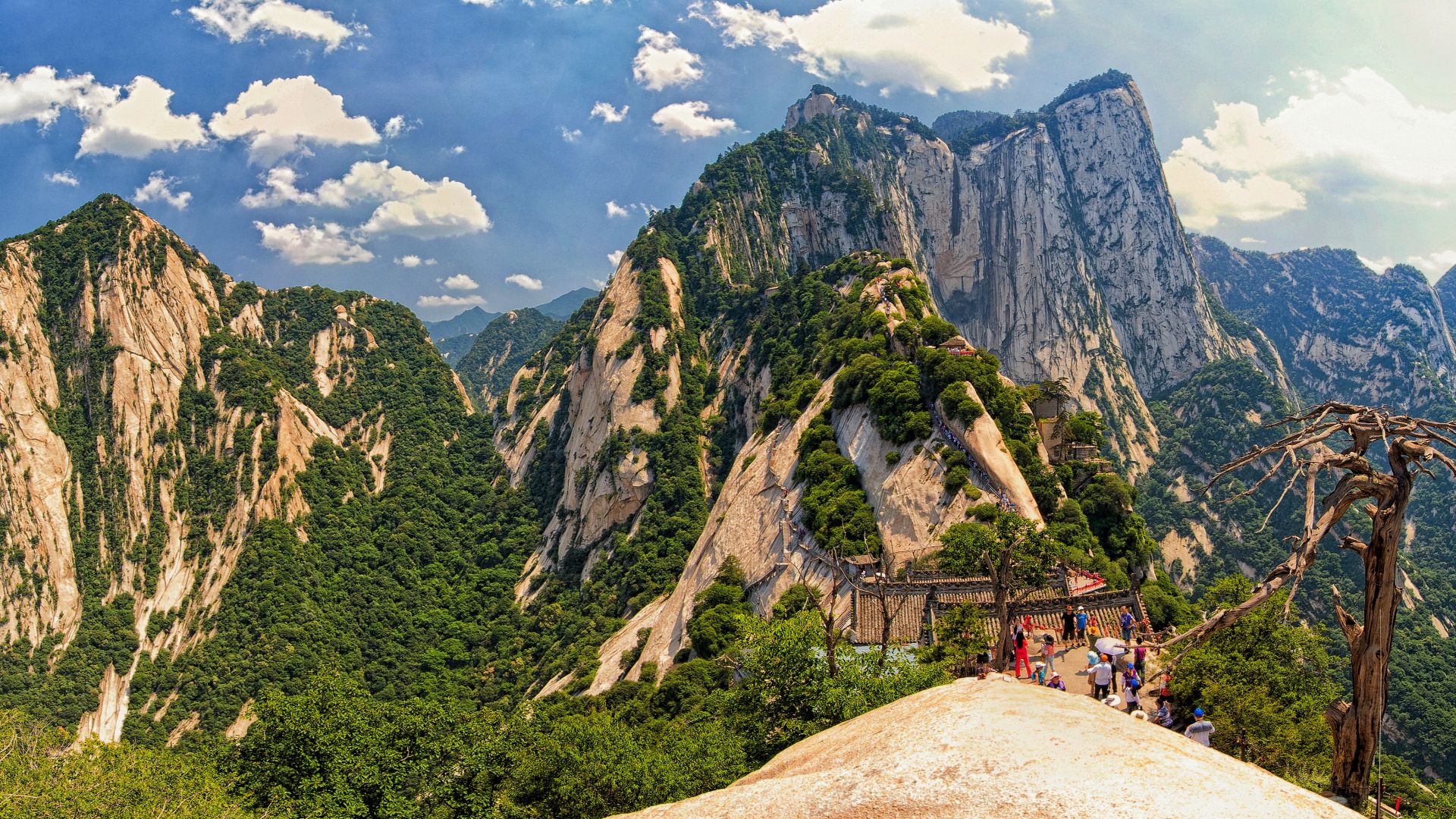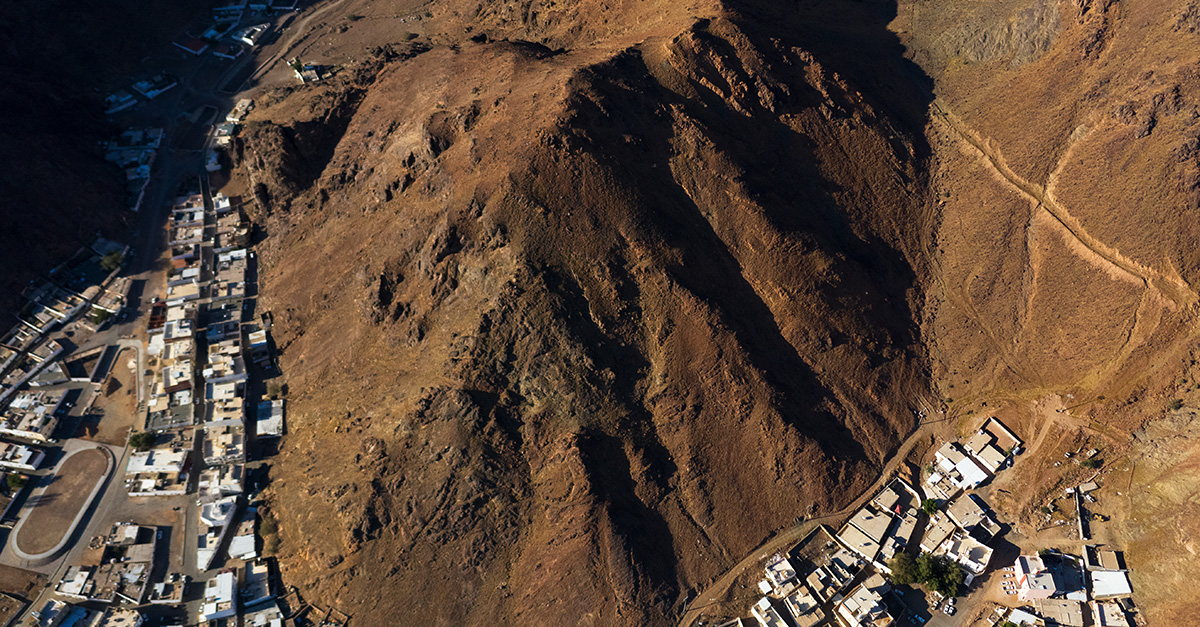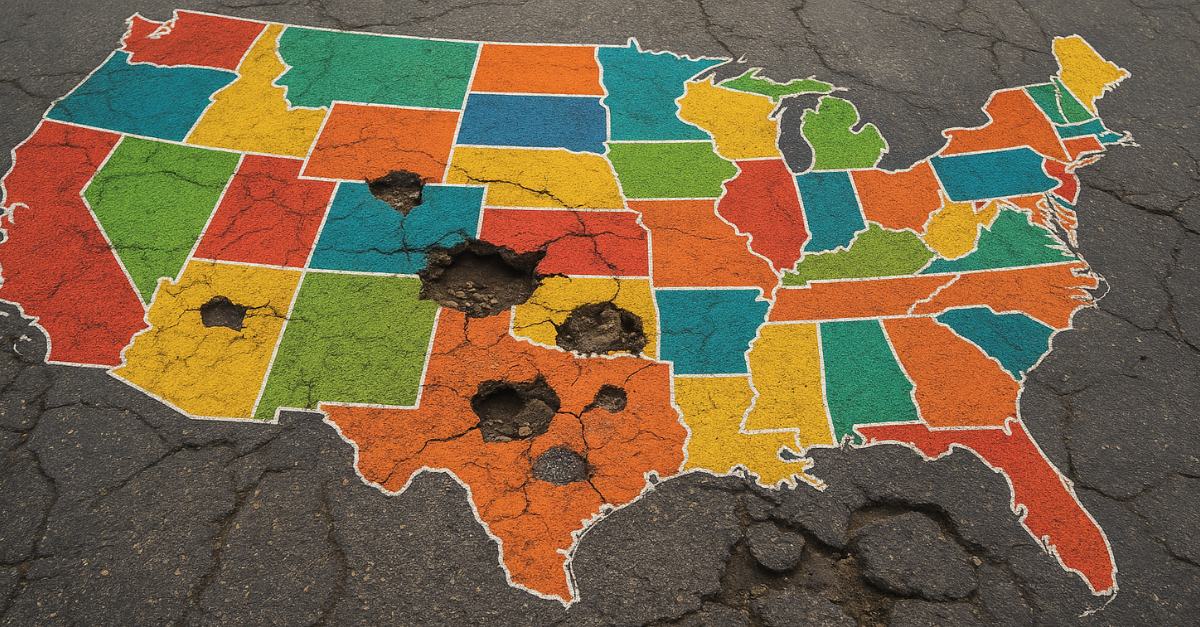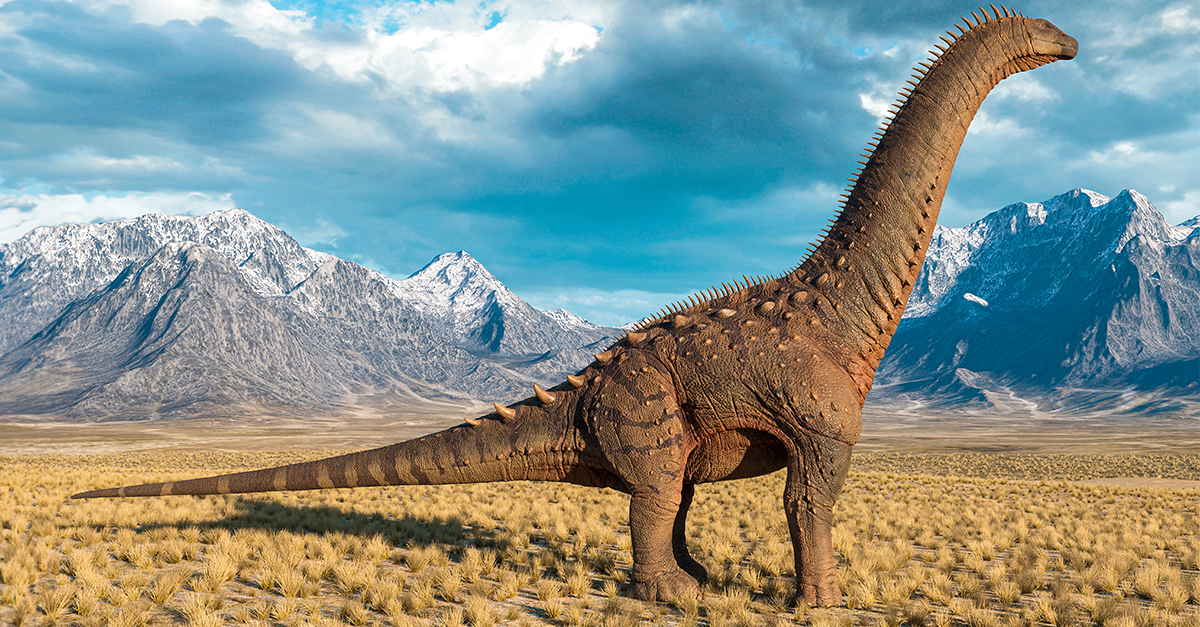Visit At Your Own Risk
Some places don’t just test your courage; they test your instincts. Behind postcard views and busy streets, danger hides in plain sight, shaping how people live, move, and survive in the world’s toughest corners.

Tijuana, Mexico
The salty breeze from the Pacific does nothing to mask the harsh reality of daily life in Tijuana. With about 138 homicides per 100,000 residents, this border city claims the grim title of the world's most dangerous urban center in 2025.
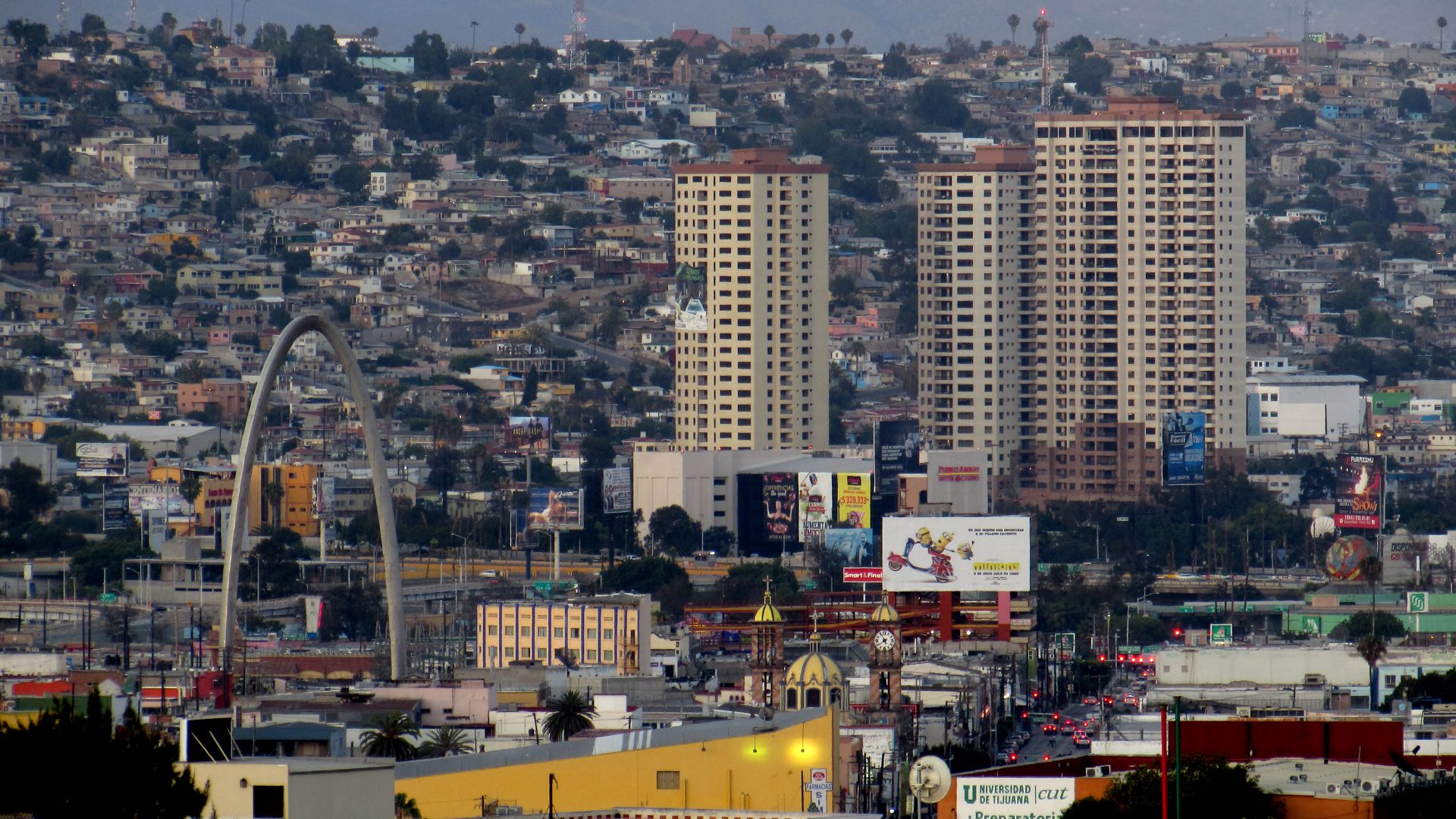 Cbojorquez75, Wikimedia Commons
Cbojorquez75, Wikimedia Commons
Tijuana, Mexico (Cont.)
Nearly seven people lose their lives every day, caught in the ongoing conflict between the rival Sinaloa and Tijuana cartels. Neighborhoods like Camino Verde and Zona Norte have become virtual no-go zones where even police enter with military backup.
Caracas, Venezuela
Political instability and economic collapse have changed Venezuela's capital into a pressure cooker of criminal activity. Designated the world's most dangerous capital city in 2017, Caracas continues to rank near the top with 100 incidents per 100,000 residents.
Caracas, Venezuela (Cont.)
The crime index is 81.5 on Numbeo's 2025 global assessment. What makes daily life in Caracas particularly treacherous is the unpredictable nature of danger that strikes across social boundaries. Street crimes occur in broad daylight, with motorcycle-riding individuals targeting shoppers and commuters.
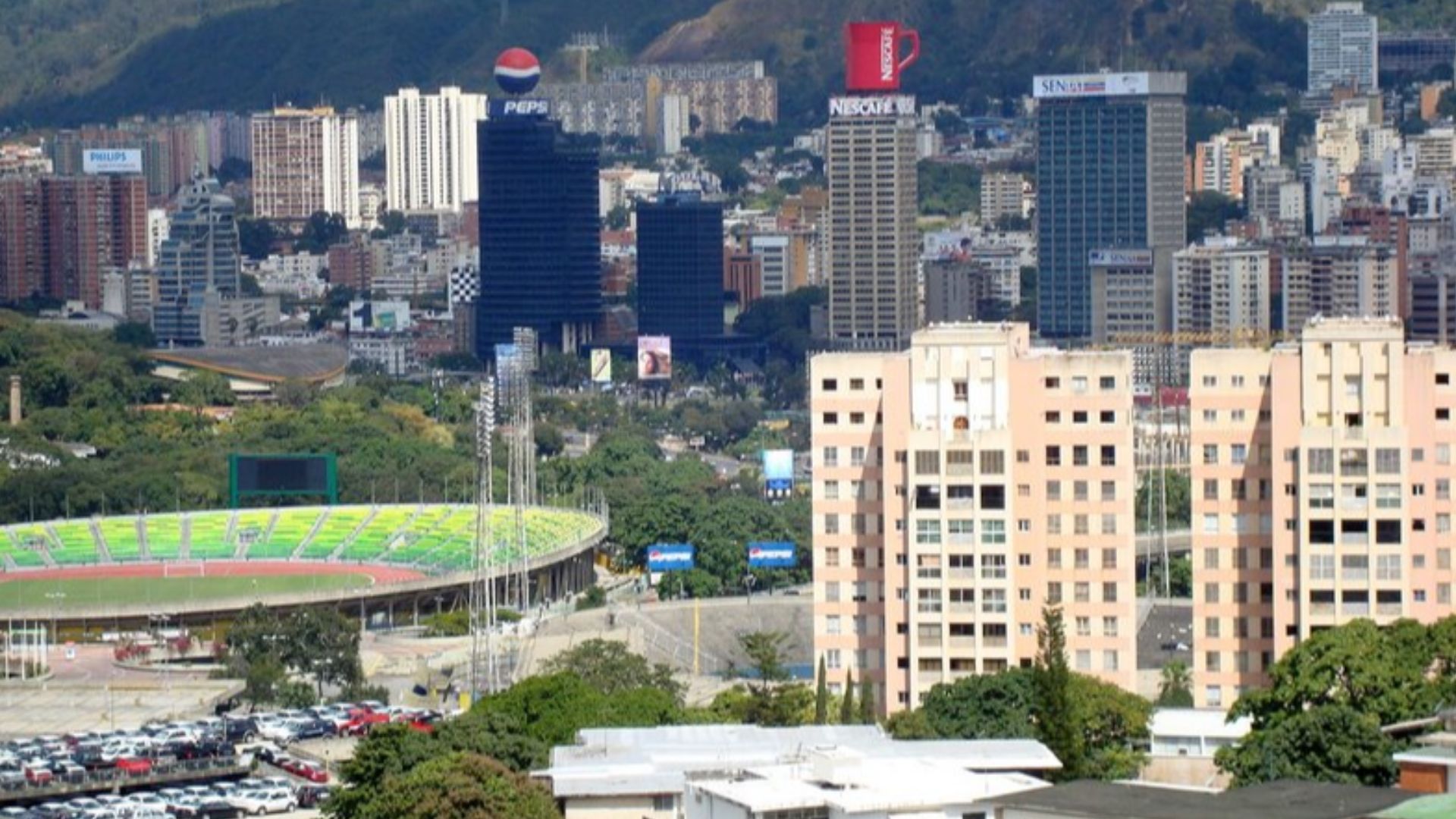 Márcio Cabral de Moura, Wikimedia Commons
Márcio Cabral de Moura, Wikimedia Commons
Acapulco, Mexico
The stunning beaches of Acapulco now contrast starkly with the city's reputation as one of the world's most dangerous destinations. This former playground of Hollywood celebrities reports 111 homicides per 100,000 residents, with incidents concentrated in hillside neighborhoods controlled by groups like “Los Locos”.
Acapulco, Mexico (Cont.)
Hotel occupancy has plummeted despite government efforts to salvage the tourism industry. The transformation of this once-glamorous destination reveals the far-reaching impact of Mexico's ongoing conflicts. Luxury hotels stand as hollow monuments to better days, while local businesses pay protection money to avoid becoming targets.
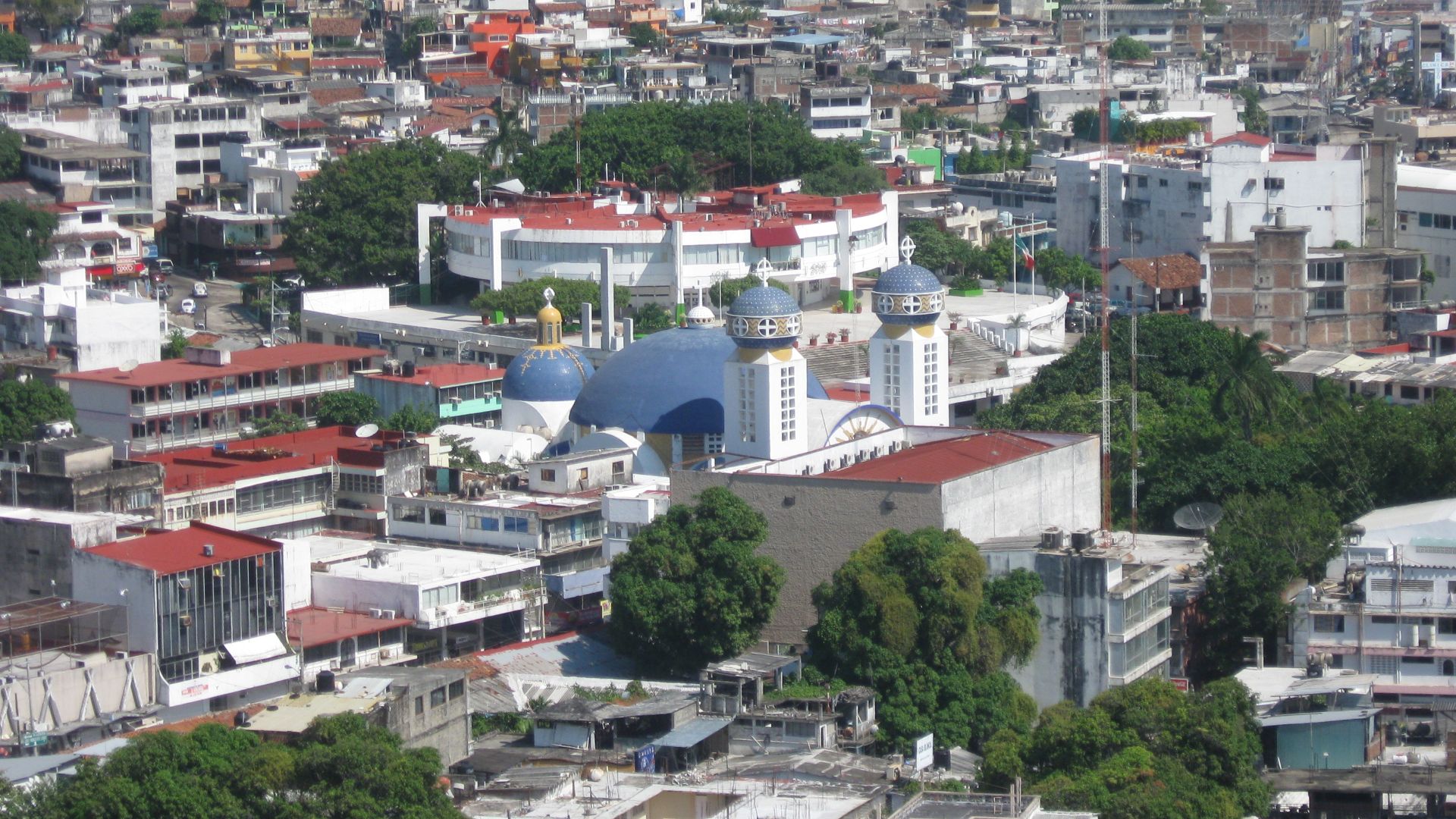 uberdadofthree, Wikimedia Commons
uberdadofthree, Wikimedia Commons
North Sentinel Island, India
Located in India's Andaman archipelago, this remote Bay of Bengal island is home to perhaps the world's last completely isolated tribe that forcefully rejects all outside contact. North Sentinel Island is legally off-limits to visitors, protected by government decree and the Sentinelese people's unwavering determination to maintain their isolation.
North Sentinel Island, India (Cont.)
Attempts to approach the island have consistently ended in confrontation. In 2006, two fishermen who drifted too close to the shore met with hostility. More recently, in 2018, American missionary John Allen Chau lost his life while attempting to contact the tribe.
Snake Island, Brazil
Situated just 21 miles off Sao Paulo's coast, this seemingly idyllic island conceals a slithering hazard that has earned it worldwide infamy. Scientists estimate between 2,000 and 4,000 golden lancehead vipers inhabit this 106-acre landmass, creating what may be the highest concentration of venomous snakes on Earth.
Snake Island, Brazil (Cont.)
The Brazilian government strictly prohibits public visits, allowing only scientific expeditions with special permission and requiring the presence of mandatory medical personnel. These golden lanceheads evolved in isolation, developing venom far more potent than their mainland cousins, which requires immediate medical intervention if encountered.
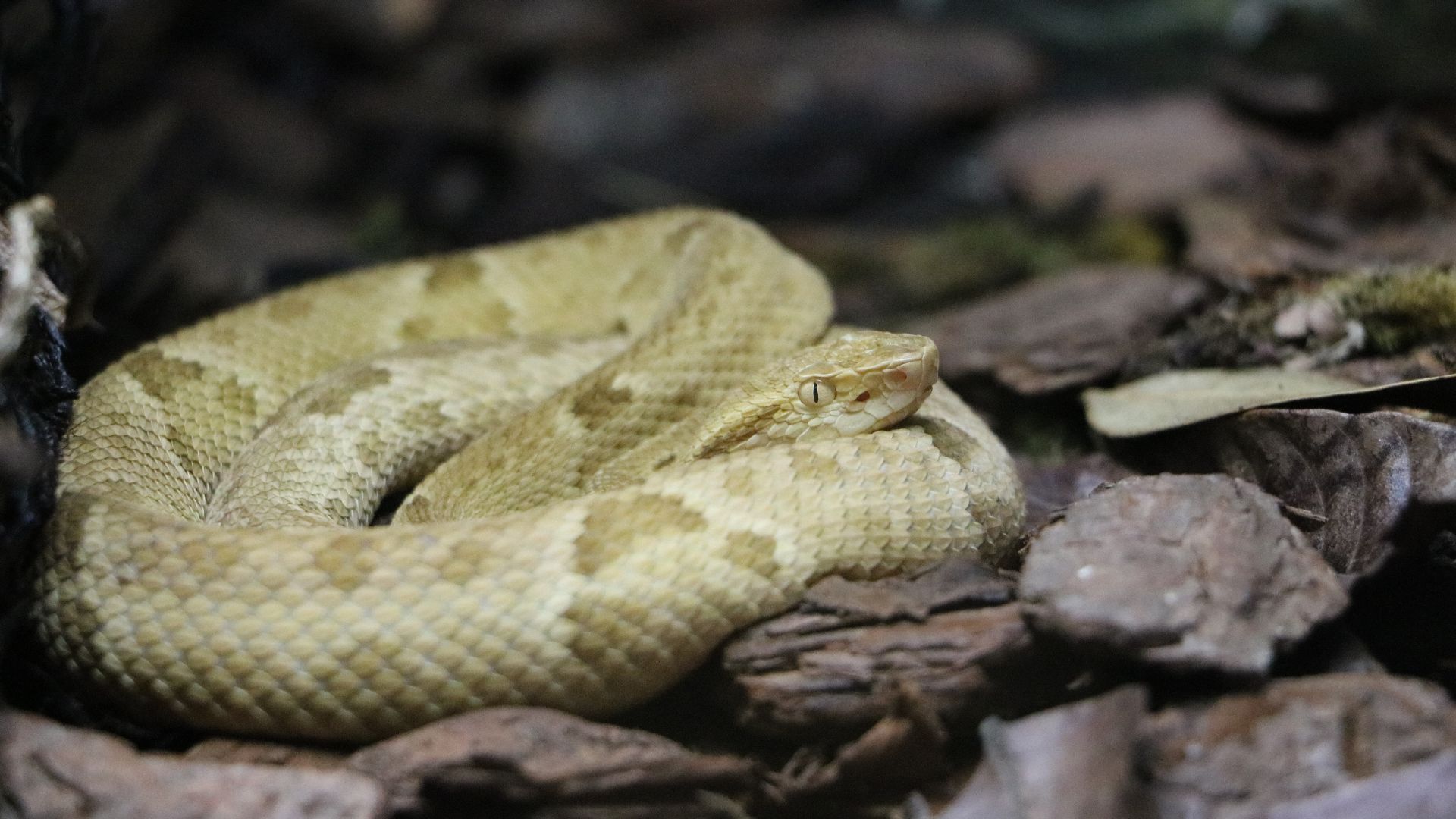 Nayeryouakim, Wikimedia Commons
Nayeryouakim, Wikimedia Commons
Death Valley, USA
That shimmering heat rising from the cracked earth brings hallucination-inducing mirages across this area’s vast expanse. This national park holds the record for the highest reliably recorded air temperature on Earth, a blistering 134°F, making it a paradoxical attraction.
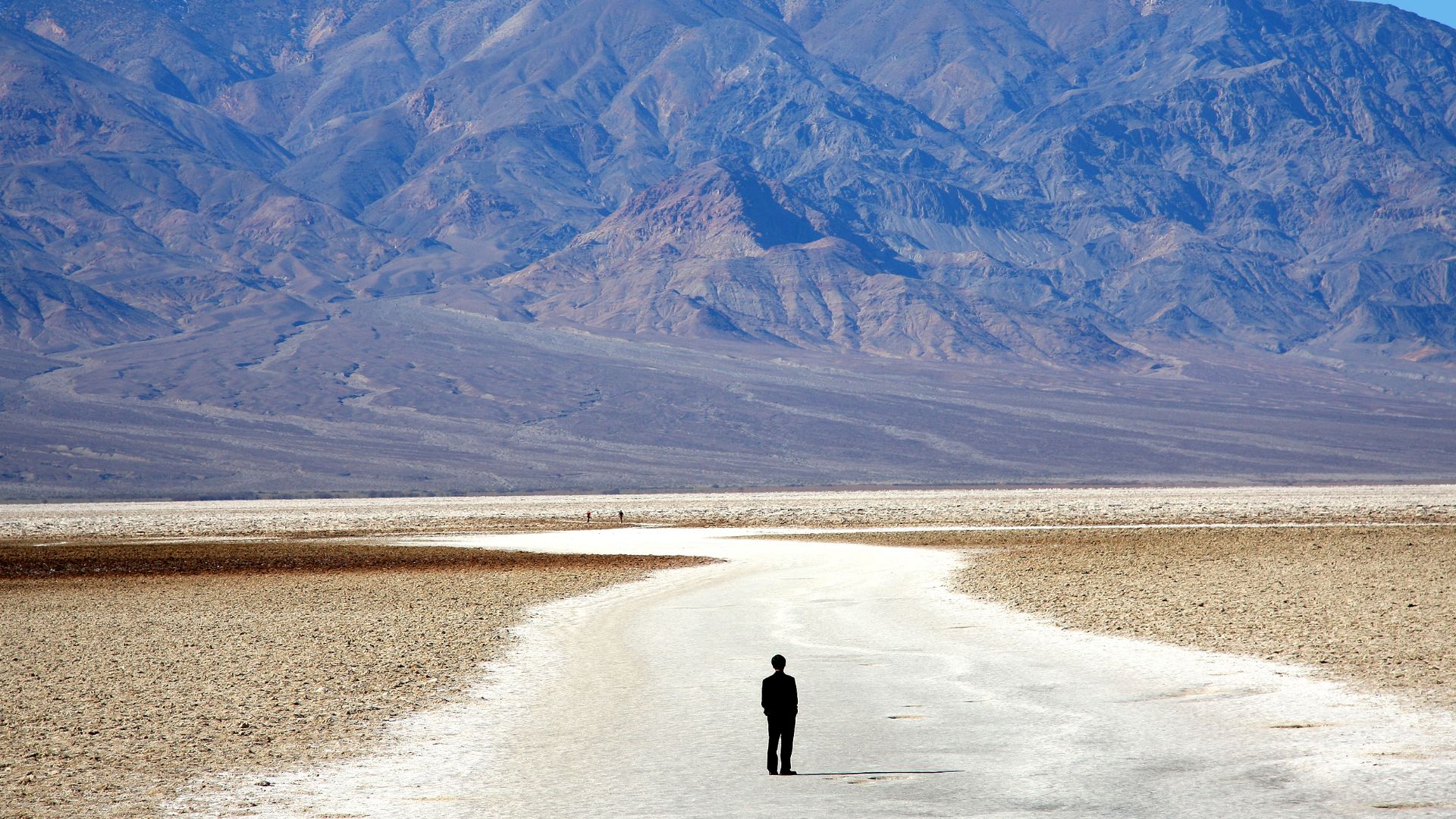 Photographersnature, Wikimedia Commons
Photographersnature, Wikimedia Commons
Death Valley, USA (Cont.)
Each year, despite explicit warnings, unprepared hikers succumb to the valley's deadly conditions. The danger intensifies with climate change, as 2024 saw some days go above 104°F (40.3°C), breaking previous records. Cellular service is spotty, and water sources are nonexistent in most areas.
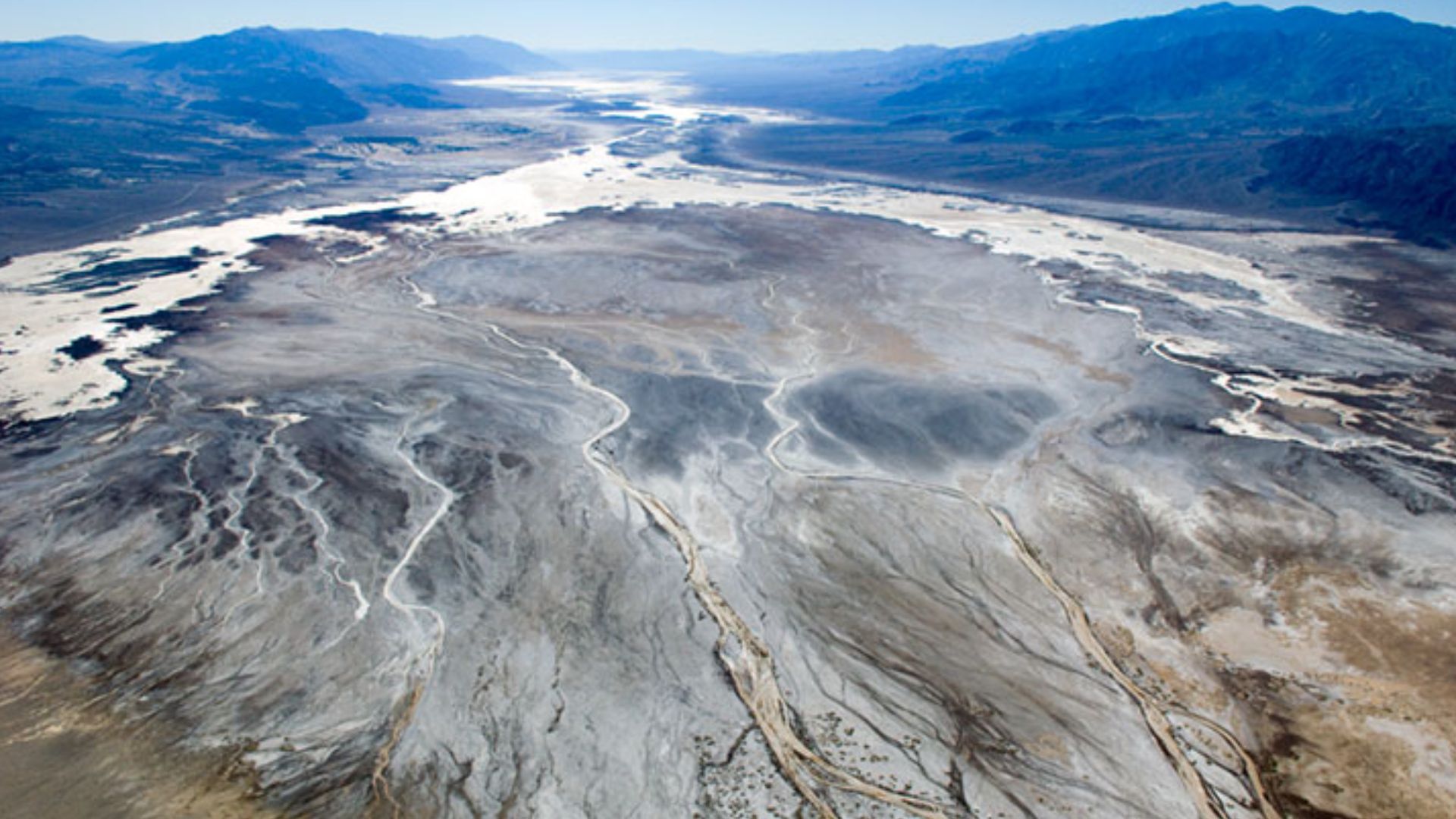 Robert Campbell, Wikimedia Commons
Robert Campbell, Wikimedia Commons
Danakil Desert, Ethiopia
Sulfuric acid pools in psychedelic yellows and greens bubble across a region that scientists use to study how life might exist on Mars. The Danakil Depression in northern Ethiopia sits at the junction of three tectonic plates, creating what National Geographic researchers have called “the cruelest place on Earth”.
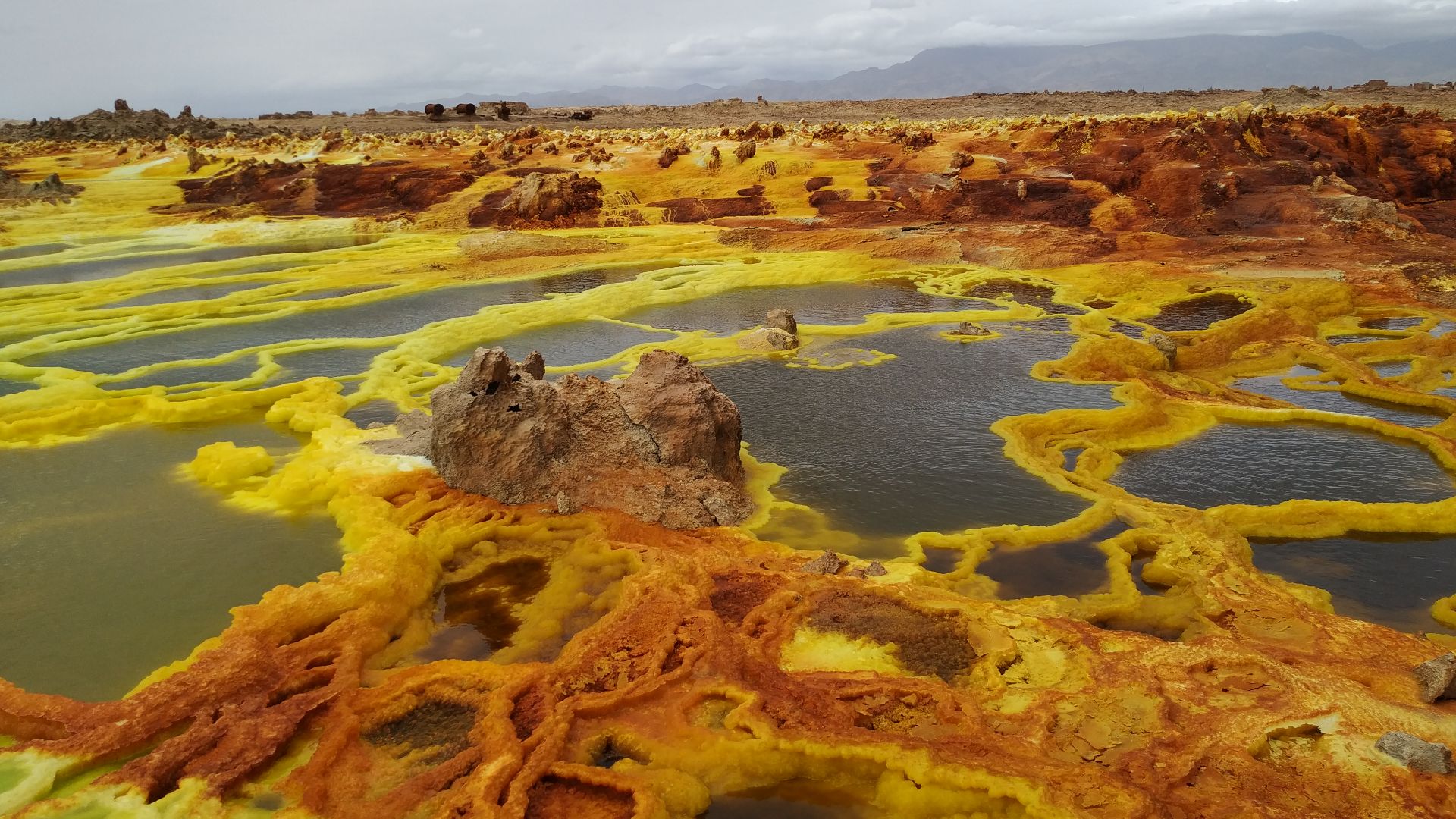 Sharanbhurke, Wikimedia Commons
Sharanbhurke, Wikimedia Commons
Danakil Desert, Ethiopia (Cont.)
The region's political instability adds another layer of danger beyond its extreme geology. Located near the Eritrean border, armed groups have been known to target tourists, with several security incidents reported over the past decade. The Ethiopian government now requires armed guards to accompany all visitors.
Port Moresby, Papua New Guinea
Behind the lush tropical backdrop of Papua New Guinea's capital lurks a city where criminal gangs known as "raskols" enforce their own street justice. Port Moresby consistently ranks among the world's five most dangerous cities, with a crime index placing it fourth globally according to Numbeo's 2025 assessment.
Port Moresby, Papua New Guinea (Cont.)
The contrast between its natural beauty and human danger builds a jarring dissonance for visitors. What makes this South Pacific city particularly hazardous is the unpredictable nature of its security situation. Vehicle thefts occur at traffic lights in broad daylight.
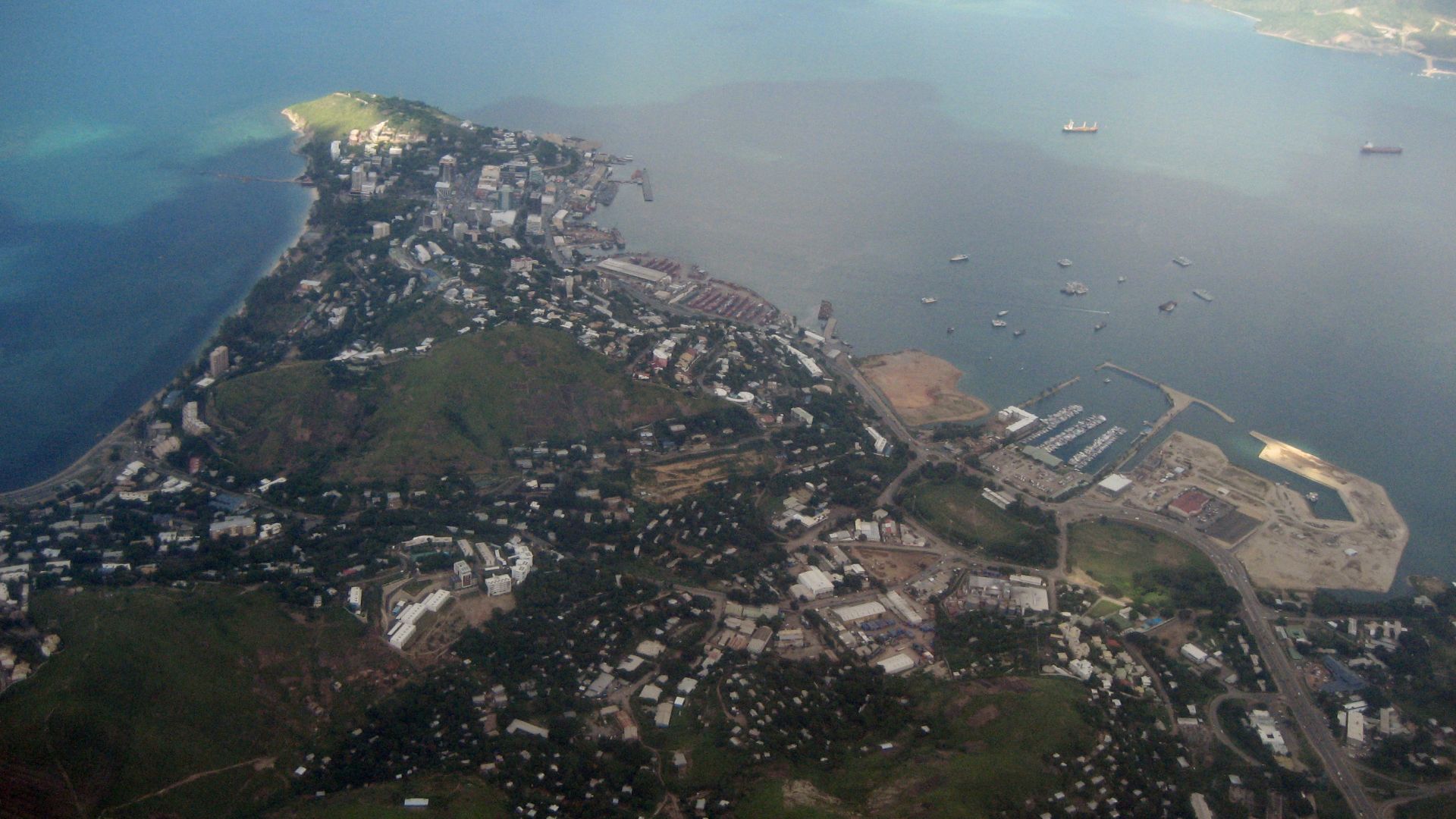 Mark Matson, Wikimedia Commons
Mark Matson, Wikimedia Commons
Pietermaritzburg, South Africa
Topped Numbeo's 2025 Crime Index with a score of 82.0, this provincial capital of KwaZulu-Natal has become South Africa's most dangerous city through a perfect storm of socioeconomic factors. It was once a colonial administrative center with Victorian architecture.
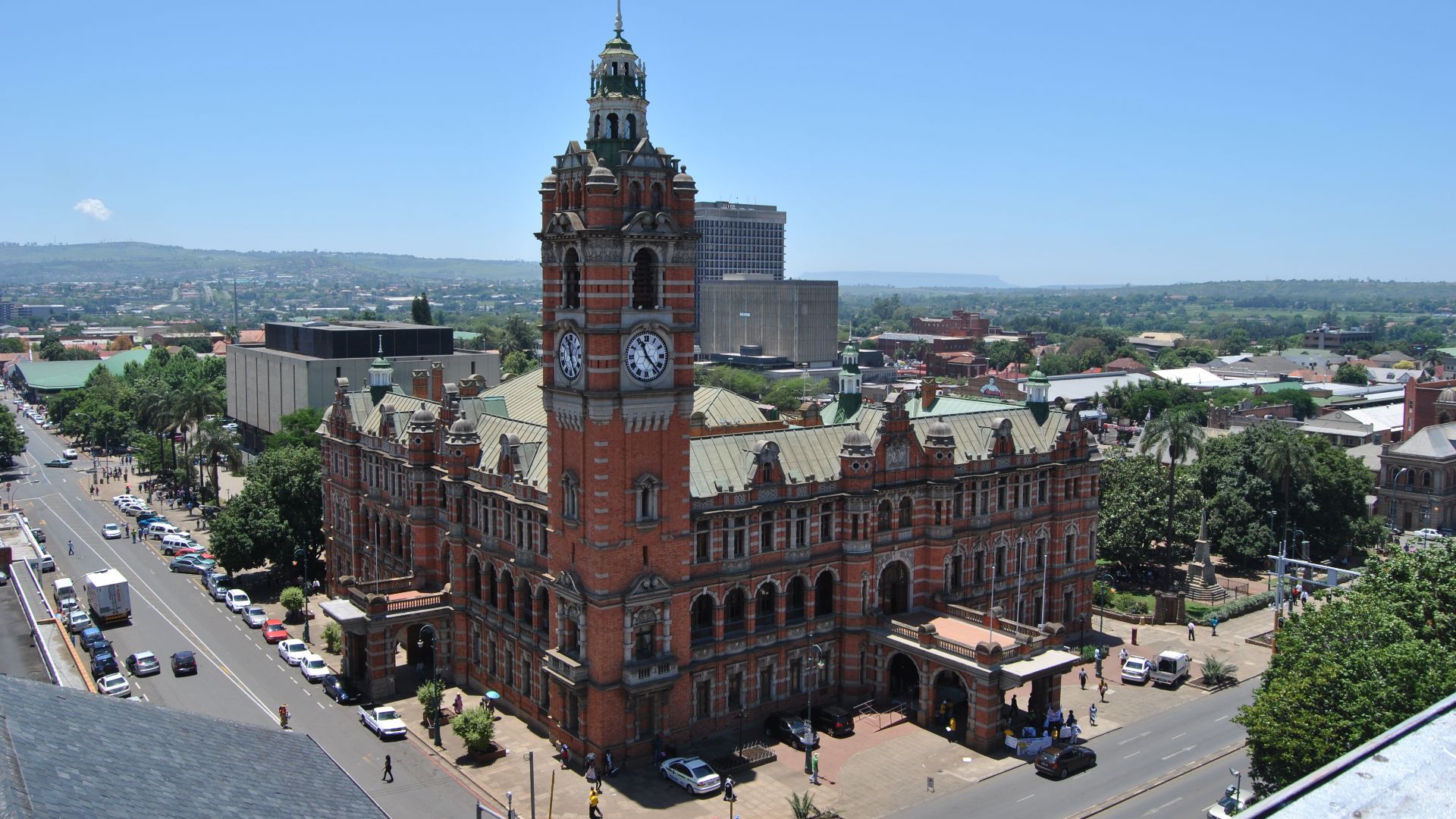 Johan Pretorius, Wikimedia Commons
Johan Pretorius, Wikimedia Commons
Pietermaritzburg, South Africa (Cont.)
Pietermaritzburg now reports astronomical rates of armed robbery, carjacking, and home invasions that occur with brazen frequency even during daylight hours. The security situation has changed daily life for residents. Homes bristle with electric fencing, security cameras, and panic buttons connected to private armed response teams.
Petare, Venezuela
Sprawling across hillsides overlooking Caracas, Petare houses nearly 650,000 people in what has become one of the world's most challenging urban environments. This massive informal settlement forms a labyrinth of narrow passages and makeshift structures where, according to local reports, obtaining illegal items is easier than purchasing bread.
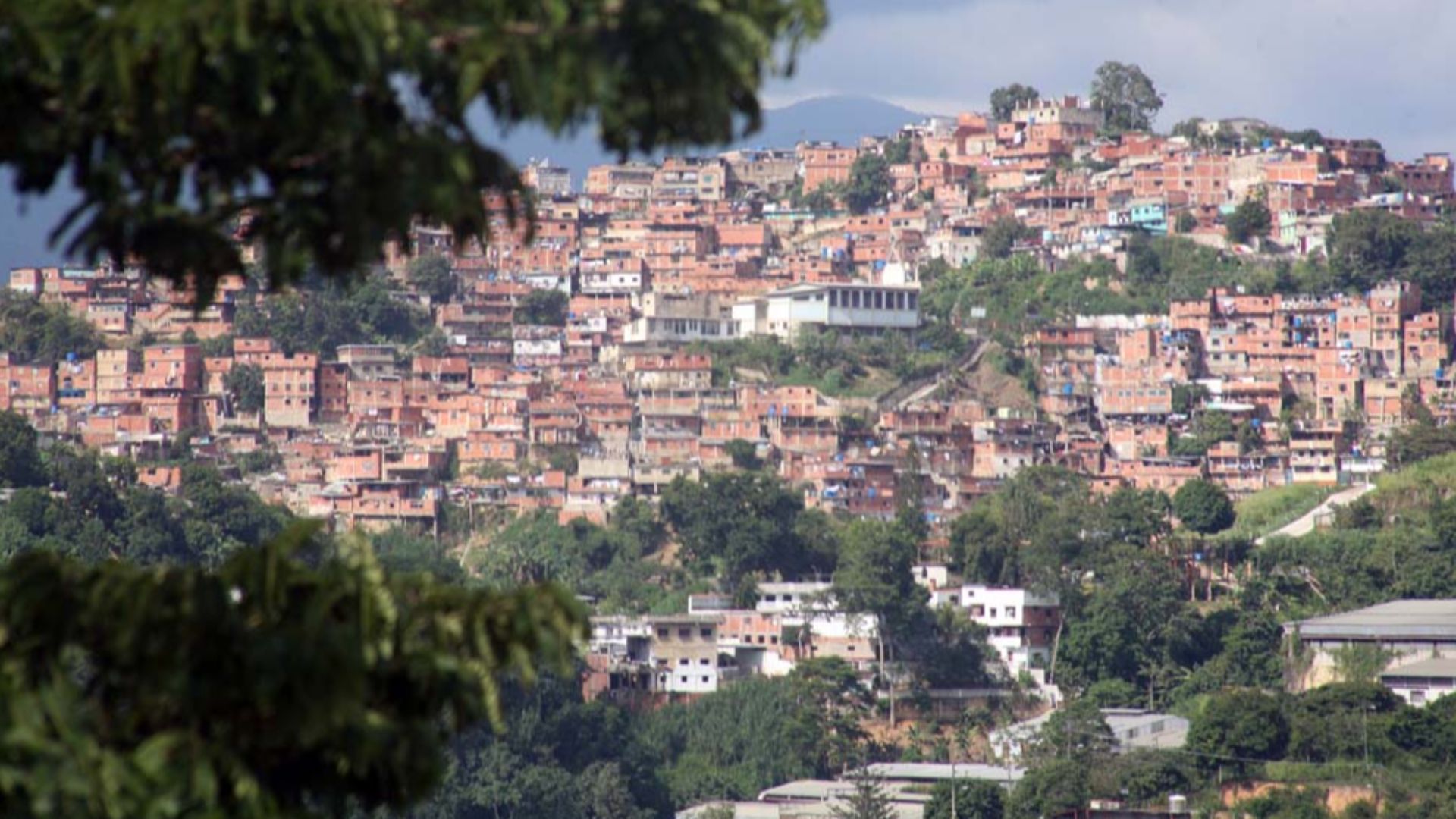 Elhacker2567473, Wikimedia Commons
Elhacker2567473, Wikimedia Commons
Petare, Venezuela (Cont.)
Security incidents occur with such frequency that residents have normalized the sound of disturbances as part of daily life. The neighborhood's danger stems from territorial battles between heavily armed groups controlling different sectors. Police operations often resemble military incursions.
The Democratic Republic Of Congo
Beneath the canopy of the world's second-largest rainforest lies a nation where danger takes multiple forms. The Democratic Republic of Congo (DRC) has been called "the most dangerous place to be a woman," with alarming rates of gender-based violence documented by human rights organizations.
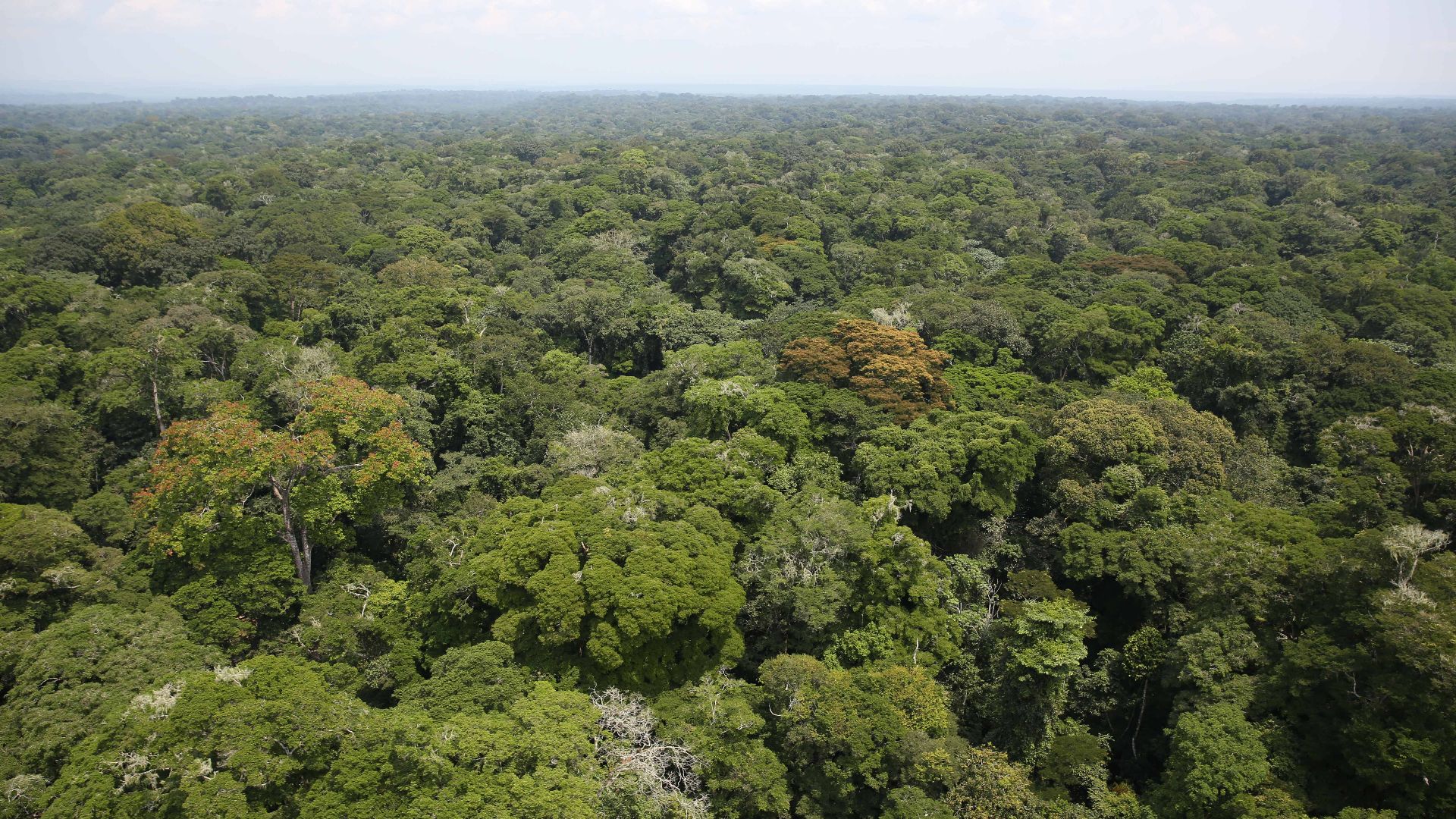 MONUSCO Photos, Wikimedia Commons
MONUSCO Photos, Wikimedia Commons
Skeleton Coast, Namibia
The indigenous Bushmen called it "The Land God Made in Anger," while Portuguese sailors named it “The Gates of Hell”. Namibia's Skeleton Coast earned its ominous name from the bleached whale bones that once littered its shores, later joined by the skeletal hulls of shipwrecks.
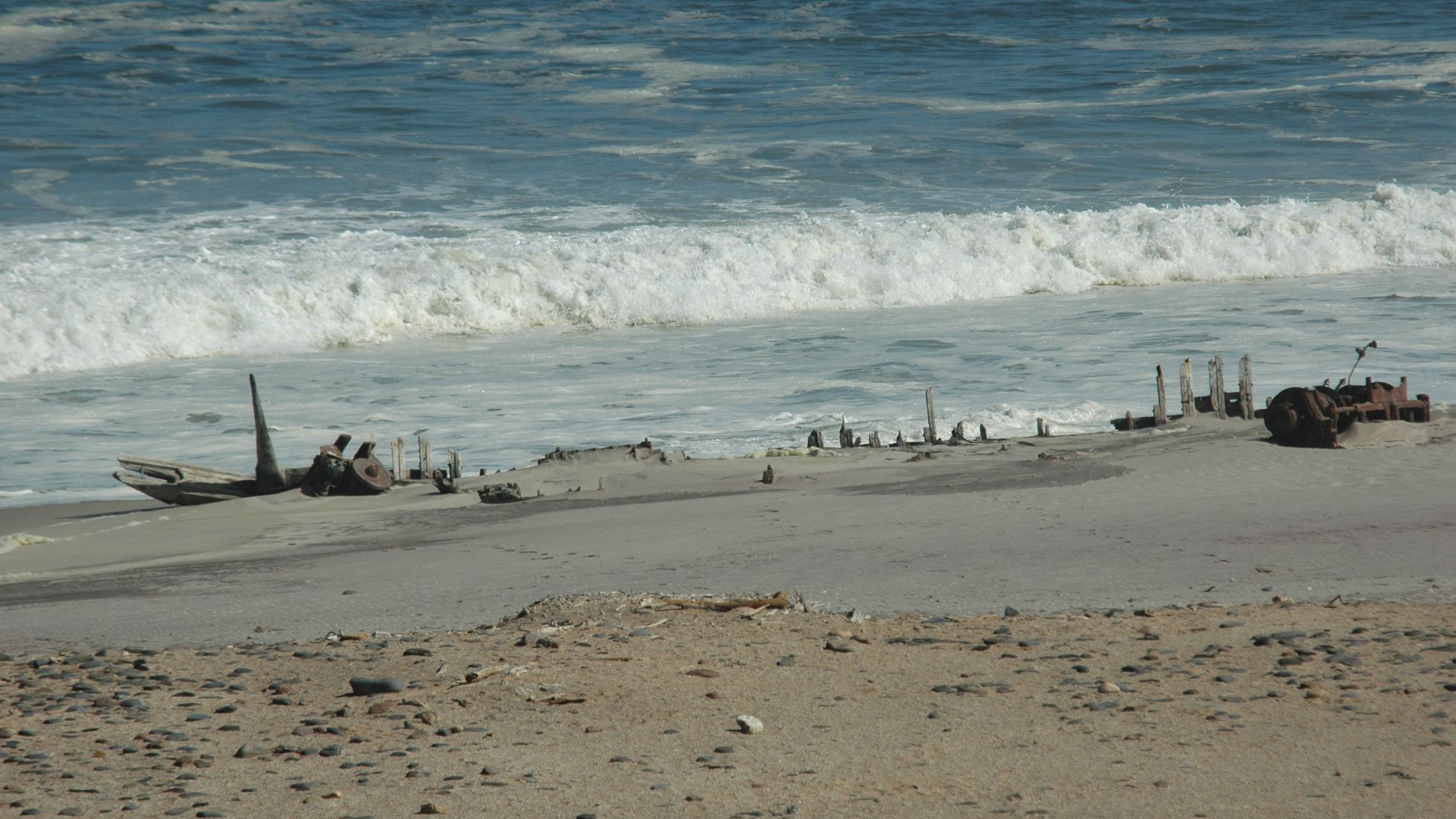 GIRAUD Patrick, Wikimedia Commons
GIRAUD Patrick, Wikimedia Commons
Lake Natron, Tanzania
Shimmering in hues of bright red and orange beneath the shadow of Tanzania's Ol Doinyo Lengai volcano, Lake Natron presents a surreal scenario that appears more alien than earthly. This shallow soda lake maintains a pH level between 9 and 10.5—so caustic it can burn human skin on contact.
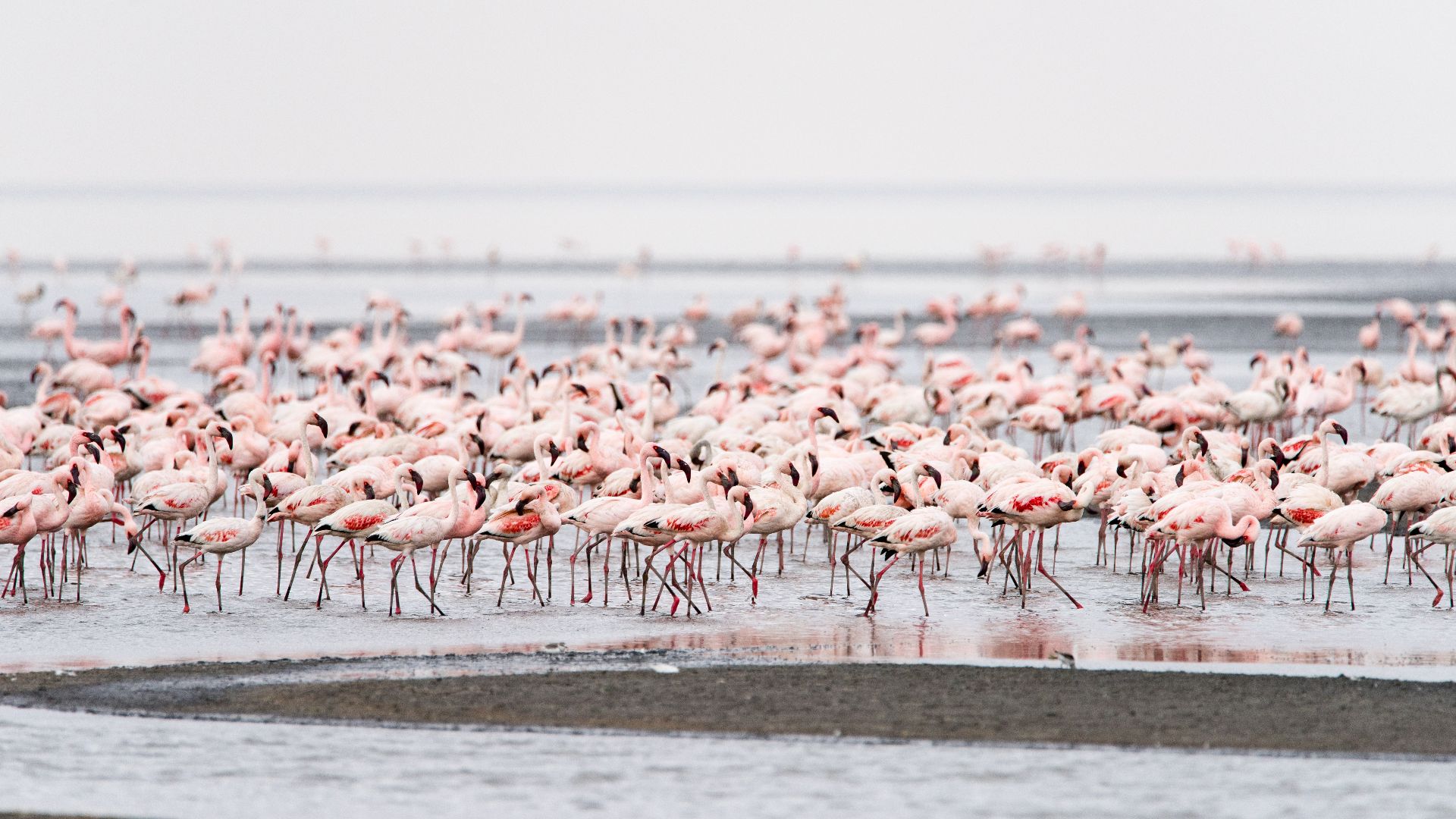 Christoph Strässler, Wikimedia Commons
Christoph Strässler, Wikimedia Commons
Mount Hua, China
Ancient Taoist temples crown the five peaks of China's sacred Mount Hua, drawing pilgrims and thrill-seekers to what many consider the world's most dangerous hiking trail. Rising dramatically from the Shaanxi plains about 75 miles east of Xi'an, the mountain's vertical cliffs and narrow pathways have claimed numerous lives.


